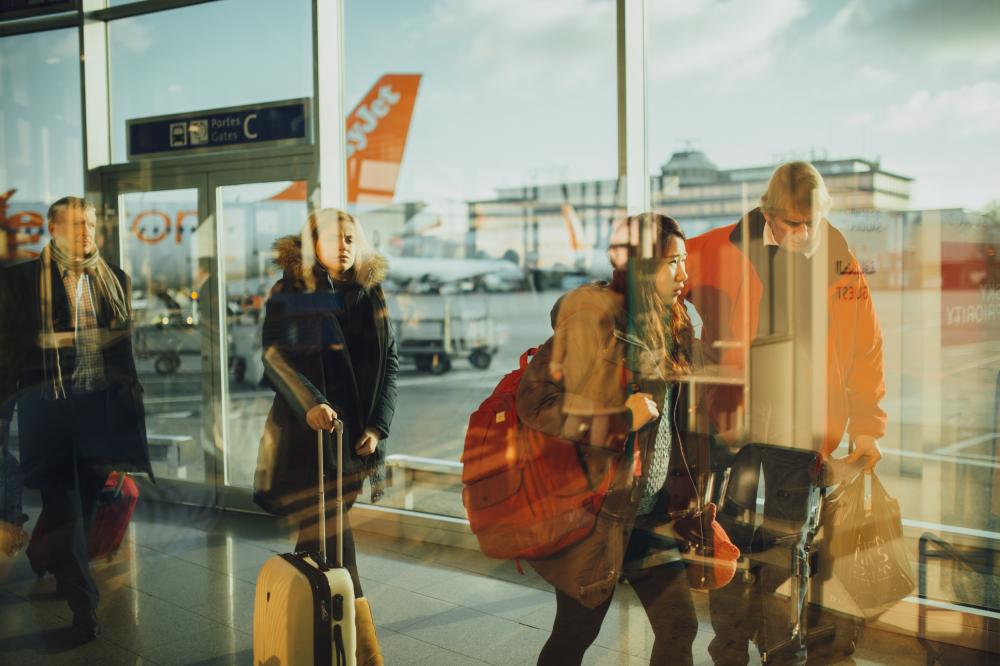How the travel sector is rising to new dynamics
Are you thinking about booking a holiday? Despite the excitement and desperation to get away, the chances are that even the thought of such an endeavour may fill you with trepidation and uncertainty.
We explore how the travel sector is adopting human-centric strategies to rise to the new dynamics.
Uncertainty has been the only certainty
Over the past year, consumers have experienced a constant stream of frustrations and disappointments around their travel plans and the process of booking a holiday has become an emotional roller-coaster. ‘Will my trip be cancelled with short notice?’ ‘Will I get my money back?’ ‘Does my insurance cover me?’ For many, this has resulted in a hesitation to commit to long-term plans and even a reluctance to travel. For holiday operators, it is now table stakes to show an understanding of these struggles and to act to build confidence and consideration.
Putting empathy into practice
This can be as simple as providing the information your consumers are looking for. Airbnb’s Covid ‘Resource Centre‘ has been front and centre of their platform over the past year, and a touch-stone for updating hosts and guests with the latest information and what it means for them.
Beyond providing information, the next step for operators has been to bring in policies which mitigate against concerns. The reassurance provided by guaranteed cancellation cover, such as TUI’s ‘Holiday Promise’, is designed to encourage us to take the plunge.
We predict that more ‘all-inclusive’ options will benefit, as holidaymakers look for a simple, combined experience which gives peace of mind and limits the complexity if things go wrong. Audley Travel are a great example of how a holiday operator has approached this describing themselves as the ‘guardian’ of your trip while providing flexible options that bring a sense of uniqueness to their customers. By designing trips around their customers’ requirements and working with local specialists to provide expert knowledge and guidance, they have eased concerns and unpredictability.

Eyes to the world: going beyond customer-centricity
At the same time, consumers are becoming more conscious of the impact of their travel and the broader scope of human-centricity is also becoming an important success factor. We have become increasingly conscious of the fact that, despite bringing wealth, employment and infrastructure to an area, tourism can often have damaging side-effects on people, places, and planet.
And the sector is responding, recognising that having a clear commitment to minimising the negative impact of travel can be a real differentiator.
Tour operators Intrepid Travel have long been leaders in this area, with carbon neutral accreditation since 2010 and carefully constructed itineraries to help reduce ‘over-tourism’ and spread the benefits of tourism to where it is needed most. The company has experienced rapid growth, reaching $488m in transaction value in 2019.
And Skyscanner’s ‘greener choice’ label on flights that emit less CO2, calculated through analysis of aircraft model and route details, is a great example of how simply providing information is a key first step in enabling positive change.
Conclusion
It is clear, therefore, that significantly more thought is being put into travel choices, both an individual level and a global level. Forward-thinking operators are responding; placing greater emphasis on empathy, both towards their customers and wider communities, helping to create the foundation of sustainable growth for the future.




